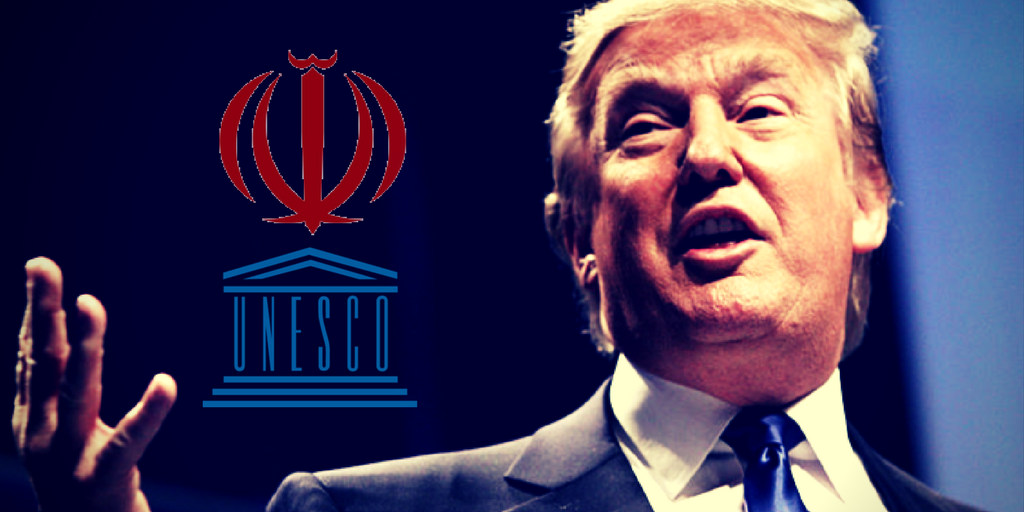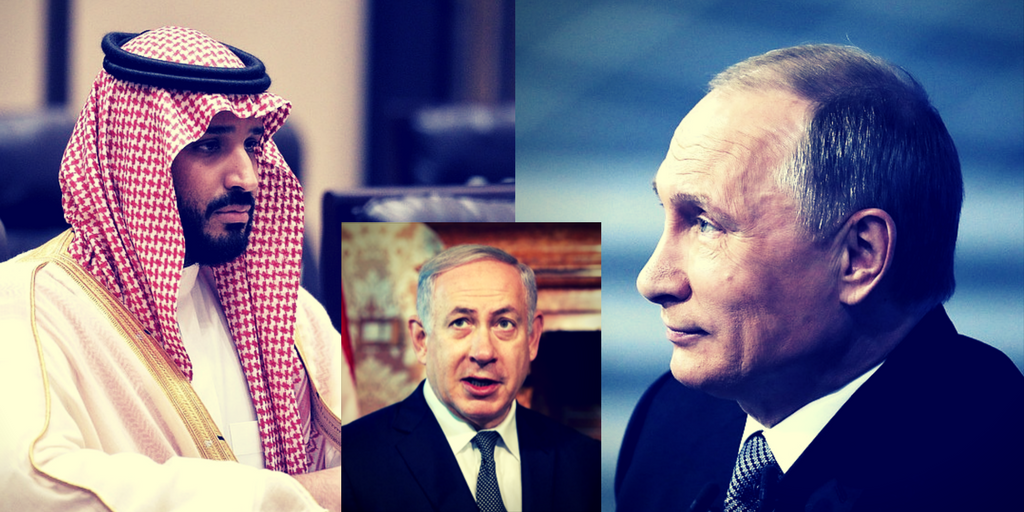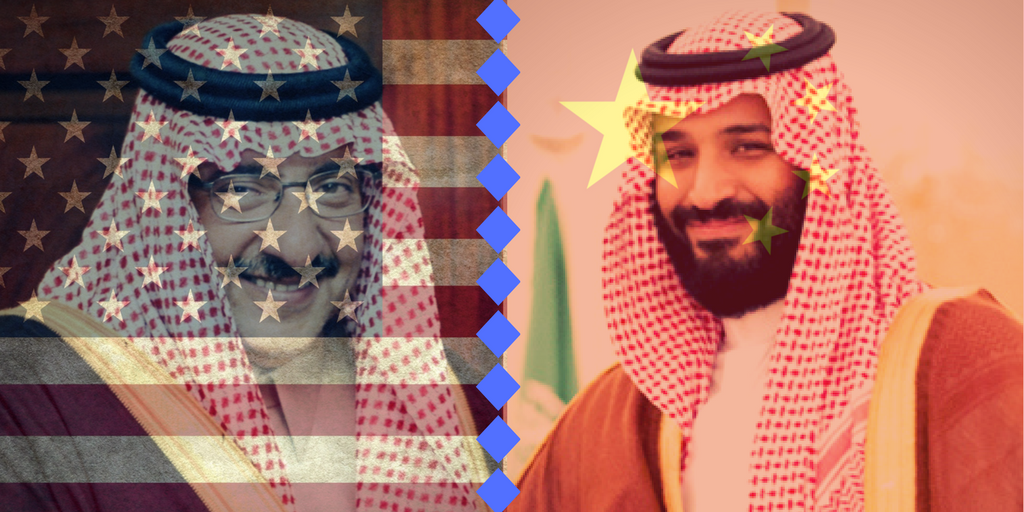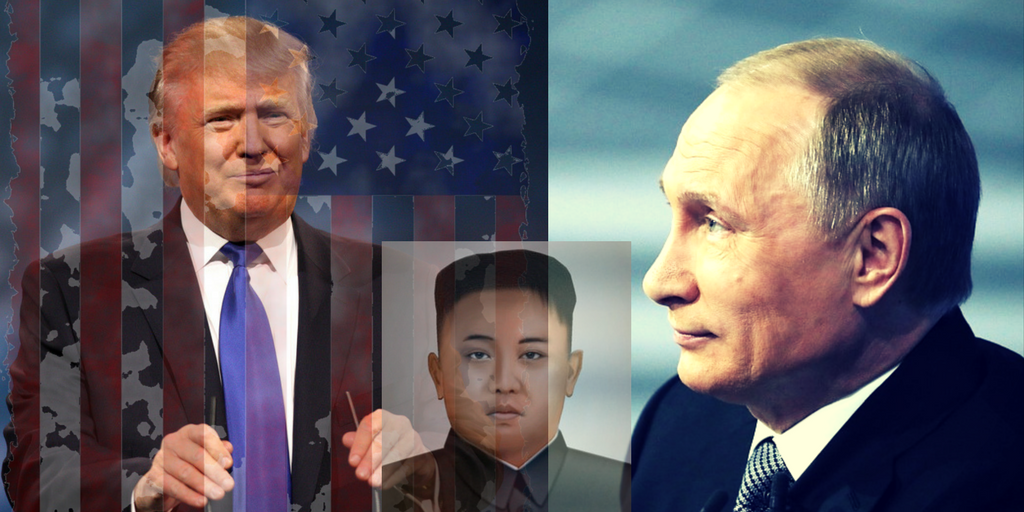Reports are flying from Riyadh that as King Salman nears abdication, there is a potential coup set to go in effect in order to deprive his son Crown Prince Mohammed bin Salman from taking over.
In response to the Crown Prince’s fears Saudi Arabia arrested between 16-30 people in a broad crackdown across the Kingdom. The arrestees though were all members of the regime, yet loyalists of the ousted former Crown Prince Muhammad bin Nayef.
Why would the monarchy, which prides itself on collective unity in the face of ensuring its own survival feel the need to go after one another.
Andrew Korybko of the Oriental Review gives the following intriguing possibility:
Iran and Qatar are close with Russia and China, and the latter two Great Powers are actually enjoying a renaissance of relations with Saudi Arabia right now. While one might expect this to make Tehran and Doha jealous, the opposite is true – Moscow and Beijing’s developing high-level strategic partnerships with Riyadh are designed to bring balance to the Mideast by weaning the Kingdom away from Washington and slowly but surely integrating it into the emerging Multipolar World Order, which will never be perfect or without friction, but is still a step in the right direction. In order to appreciate what’s happening, one needs to be reminded of a few things that have happened this past year when it comes to Saudi Arabia’s relations with Russia and China.
Concerning Moscow, Riyadh agreed to an historic OPEC output deal with Russia last year and renewed it a few months ago after it expired. The Saudis are also cooperating with the Russians in encouraging Syria’s so-called “opposition” to merge into a unified entity for facilitating peace talks with Damascus. Foreign Minister Lavrov was just in the Kingdom last week, and King Salman is expected to visit Moscow sometime next month. As for China, Beijing signed a total of over $110 billion of deals with Saudi Arabia in the past six months alone in an effort to assist the Crown Prince’s ambitious Vision 2030 program of economic modernization. It’s that initiative more so than anything else which holds the danger of inadvertently destabilizing the country’s internal affairs because of the opposition that it’s come under from some of Saudi Arabia’s many radical clerics who are against the social consequences of its reforms.
Bearing all of this in mind, it’s worthwhile to revisit the question of who has an interest in destabilizing Saudi Arabia right at the moment that it’s turning away from the US and towards Russia and China, timing their subversive efforts to coincide with a prolonged leadership change and an economic transition. By all indicators, those aren’t the hallmarks of an Iranian or Qatari operation, but the red flag for an American one.
US, Russian, and Chinese Neo-Colonialism in the Middle East
The fast changing word is in a great transition between a post Cold War uni-polarism to a 21st Century multi-polar chaos of various competing interests circling around energy control and market influence. Both the Russians and Chinese are thriving off of a Middle East in chaos and have learned like the US did that the Arab rulers have no loyalty to their countries.
These rulers, when given protection and money have the loyalty to the world powers providing them the money and arms to control their local “peasants.” The Russians and Chinese have figured out that the key to US dominance in the Middle East and therefore oil profits is the defense pacts Washington has used with the Saudis and Gulf States to ensure the dollar is constantly inflated due to its use as the sole oil currency. This is now changing. Even more so, the Russians and Chinese as pointed out in the Oriental Review have gone out of their way to lure the Saudis away from America.
By creating balance between Saudi Arabia and Iran, the Russians and Chinese are in the process of playing both sides to ensure continued control of the region. The American security establishment used the same policy in both encouraging Iran to push ahead across the Middle East, while using that threat to encourage the Saudis to stay within the American orbit.
The Saudis are trying to figure out how to work with both, but unlike Israel, the House of Saud has no real value to it other than a colonial apparatus to rented out to the highest bidder.
Where Does this Leave Israel?
With the Saudi family in the midst of an internal implosion, Israel has little room to maneuver. The prevailing assumption has been that the blocs would remain the same and actually consolidate in opposition to the Iranian threat. The insertion of Russia and China as the new power brokers has scrambled this assumption.






